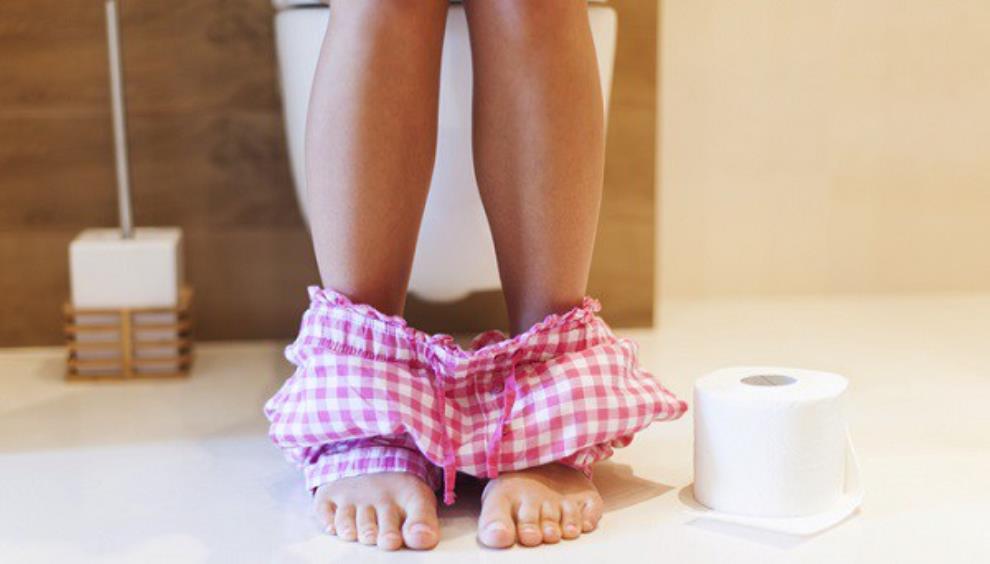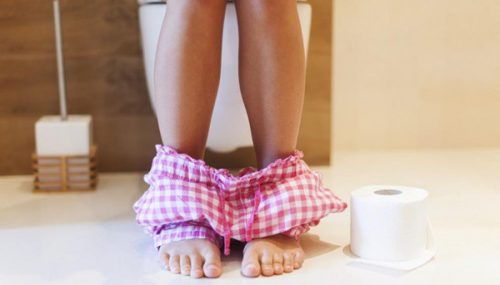
Urinary tract infections (UTIs) commonly known as toilet infections in Nigeria are most often caused by bacteria (germs) that get into your bladder, kidneys, bladder, ureters, and urethra which are all part of your urinary tract.
UTIs are also called bladder infections and are common, especially in women.
If you’re a woman, your chance of getting a urinary tract infection is high. Some experts rank your lifetime risk of getting one as high as 1 in 2, with many women having repeat infections, sometimes for years.
Women get UTIs more often because a woman’s urethra (the tube from the bladder to where the urine comes out of the body) is shorter than a man’s. This makes it easier for bacteria to get into the bladder.
As the World marks World toilet day today, November 19, here is everything you should know about this dreaded disease.
#WorldToiletDay: 7 Tips You Should Follow When Using A Public Toilet
Symptoms
- Pain or burning when urinating
- An urge to urinate often, but not much comes out when you go
- Pressure in your lower abdomen
- Urine that smells bad or looks milky or cloudy
- Blood in the urine. This is more common in younger women. If you see blood in your urine, tell a doctor or nurse right away.
- Feeling tired, shaky, confused, or weak. This is more common in older women.
- Having a fever, which may mean the infection has reached your kidneys
Causes
UTIs are caused by bacteria called E.coli, found in the digestive tract of humans but finds its way into the urinary tracts. Women pick up this organism when they use dirty public toilets or clean their anus from back to front.
E.coli enters through the urethra and begin to multiply in the bladder. The defense system designed to keep out the microbes fails and the bacteria take hold and grow into a full-blown infection and, if the infection isn’t treated, can continue on to infect your kidneys.
Secondly, some women are more likely to get UTIs because of their genes. The shape of their urinary tracts makes others more likely to be infected. Also, women with diabetes and other conditions like multiple sclerosis may be at higher risk because their weakened immune systems make them less able to fight off infections.
Types
An infection can happen in different parts of your urinary tract. Each type has a different name, based on where it is.
- Cystitis (bladder): It occurs when your bladder becomes inflamed due to infection by bacteria. You might feel like you need to pee a lot, or it might hurt when you pee. You might also have lower belly pain and cloudy or bloody urine.
- Pyelonephritis (kidneys): This is the riskiest form of urinary tract infection as it can lead to permanent kidney damage and death. The condition can be either acute or chronic, depending on the frequency of reinfection. It can cause fever, chills, nausea, vomiting, and pain in your upper back or side.
- Urethritis (urethra): Urethritis commonly occurs due to bacteria, which causes inflammation and irritation of the urethra. This can cause a discharge and burning when you pee.
UTI Tests and Diagnosis
If you suspect that you have a urinary tract infection, go to the doctor. You’ll give a urine sample to test for UTI-causing bacteria.
If you get frequent UTIs and your doctor suspects a problem in your urinary tract, they might take a closer look with an ultrasound, a CT scan, or an MRI scan. They might also use a long, flexible tube called a cystoscope to look inside your urethra and bladder.
Treatment
UTIs or Toilet infections are treated with medications that kill the bacteria causing the infection. It is important that these drugs are prescribed by your doctor. The drugs most often used to treat toilet infection in Nigeria are tablets typically taken for 3 days. More complicated infections are treated for about 7-10 days or more of antibiotics depending on the bacteria causing the infection, the drug used, and your medical history.
You can also try some home remedies.
Prevention
There are many preventive steps you can take to prevent reoccurrence.
- Urinate as soon as you feel the urge as holding in the urine encourages the bacteria to stay in the body and multiply.
- Always wipe from front to back after using the toilet.
- Drink lots of water, as much as 6-8 glasses daily to encourage frequent urination, which helps in flushing out the bacteria from your urethra.
- Avoid feminine hygiene sprays, scented douches, and scented or harsh bath soaps as they’ll only increase irritation.
- Keep your genital area dry by wearing cotton underwear and loose-fitting clothes. Don’t wear tight jeans and nylon underwear; they can trap moisture, creating the perfect environment for bacteria growth.
- Practice good sexual hygiene by cleaning your genitals and urinating before sex and also urinating after sex.
- Take unsweetened cranberry juice as cranberries prevent bacteria from attaching onto the walls of your urinary tract, therefore, preventing infections. Cranberry also has antioxidants with antibacterial and anti-inflammatory features.
- Take probiotics to promote a healthy balance in the bacteria in your body. The common sources of probiotics include probiotic yogurt or probiotic supplements. Probiotics work by preventing harmful bacteria from attaching to the urinary tract, have antibacterial properties, and lower the pH of the urine.


















1 Comment